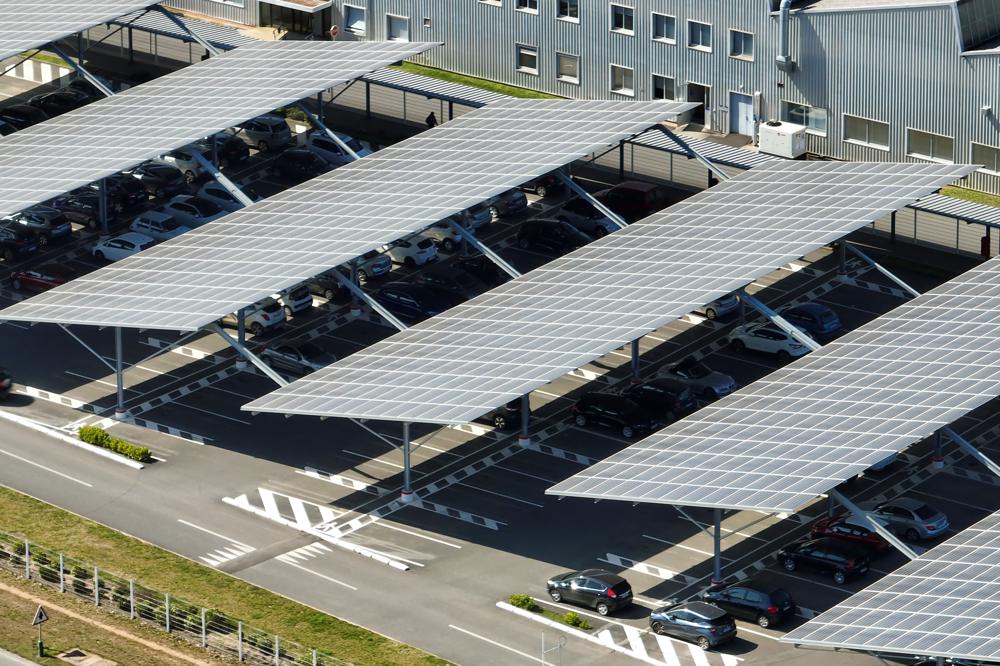
The Future of Electric Vehicles: When will they Take Over?
Share
Growing Popularity of Electric Vehicles
There are several factors contributing to the growing popularity of electric vehicles. First and foremost, advancements in technology have made electric cars more efficient, affordable, and practical for everyday use. Improved battery technology has led to longer driving ranges and faster charging times, addressing one of the main concerns of potential EV buyers.
Additionally, there is a growing awareness of the environmental impact of traditional combustion engines, leading more consumers to consider electric vehicles as a sustainable transportation option. The need to reduce greenhouse gas emissions and combat climate change has become a global priority, and electric vehicles play a crucial role in achieving these goals.
Furthermore, increasing consumer demand for electric vehicles is driving the market growth. As more people experience the benefits of electric cars, such as instant torque, quiet operation, and lower maintenance costs, the demand for EVs continues to rise. This increased demand is prompting automakers to invest more in electric vehicle development and production.
Challenges of Electric Vehicle Adoption
While the adoption of electric vehicles is growing, there are still several challenges that need to be addressed to facilitate their widespread use. One of the main challenges is the lack of charging infrastructure. Range anxiety, or the fear of running out of battery power while on the road, is a significant barrier for many potential EV buyers.
To overcome this, a comprehensive charging network needs to be established, providing convenient and accessible charging stations across the country. Government policies and incentives also play a crucial role in driving electric vehicle adoption. Financial incentives, such as tax credits and rebates, can make electric vehicles more affordable for consumers.
Additionally, supportive policies, such as stricter emissions regulations and investments in charging infrastructure, can create a favorable environment for electric vehicle adoption.
Factors That Can Affect the Speed of Adoption
Several factors can impact the speed at which electric vehicles take over the automotive industry. One of the main factors is the cost of electric vehicles. While the prices of electric cars have been decreasing in recent years, they still tend to be more expensive than their gasoline-powered counterparts.
As battery technology continues to improve and economies of scale are achieved in production, the cost of electric vehicles is expected to decrease, making them more accessible to a wider range of consumers. Battery technology is another crucial factor in the adoption of electric vehicles. Improvements in battery technology, such as increased energy density and faster charging capabilities, are necessary to address range anxiety and make electric vehicles more practical for long-distance travel.
Continued research and development in battery technology are essential for the widespread adoption of electric vehicles. The availability of charging infrastructure is also a significant factor that can affect the speed of electric vehicle adoption. A comprehensive network of charging stations, including fast-charging options, is necessary to provide convenience and peace of mind for electric vehicle owners. Investments in charging infrastructure by both the public and private sectors are crucial to support the growth of electric vehicles.
The Role of Companies in the Electric Vehicle Revolution
Several companies are leading the charge in the electric vehicle revolution, driving innovation and shaping the future of transportation. One of the most prominent companies in this space is Tesla. Tesla has been at the forefront of electric vehicle development, producing high-performance electric cars with long driving ranges.
The company's commitment to sustainable transportation and renewable energy has made it a leader in the industry. Volkswagen is also making significant investments in electric mobility. The company has committed to electrifying its entire vehicle lineup and has plans to launch numerous electric models in the coming years. Volkswagen's focus on electric vehicles is driven by both environmental considerations and the changing demands of consumers. Nissan, with its introduction of the LEAF, has played a crucial role in popularizing electric vehicles. The LEAF is one of the best-selling electric cars globally, offering a practical and affordable option for consumers. Nissan's commitment to electric mobility has made it a key player in the electric vehicle market.
Conclusion
The future of electric vehicles is bright, with increasing advancements in technology, growing environmental awareness, and rising consumer demand. While there are challenges to overcome, such as charging infrastructure and government policies, the adoption of electric vehicles is expected to accelerate in the coming years.
Companies like Tesla, Volkswagen, and Nissan are leading the way in the electric vehicle revolution, driving innovation and pushing the boundaries of what is possible. Their commitment to sustainability and electric mobility is reshaping the automotive industry and paving the way for a cleaner and more sustainable future. As consumers, it is important to support and choose sustainable companies that prioritize environmental responsibility and contribute to the transition to a low-carbon economy.
By opting for electric vehicles and supporting companies that are leading the charge in the electric vehicle revolution, we can all play a part in creating a more sustainable future.
